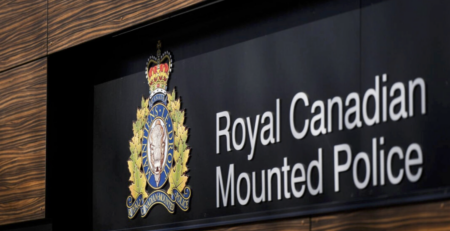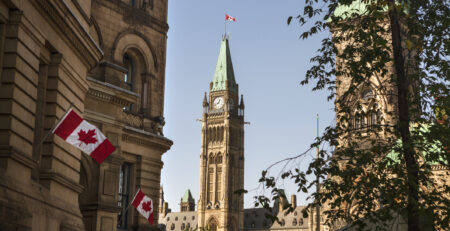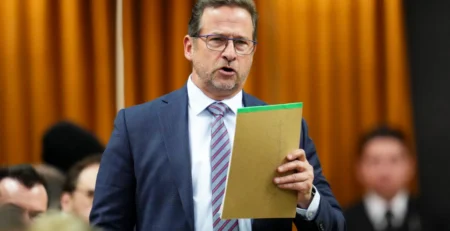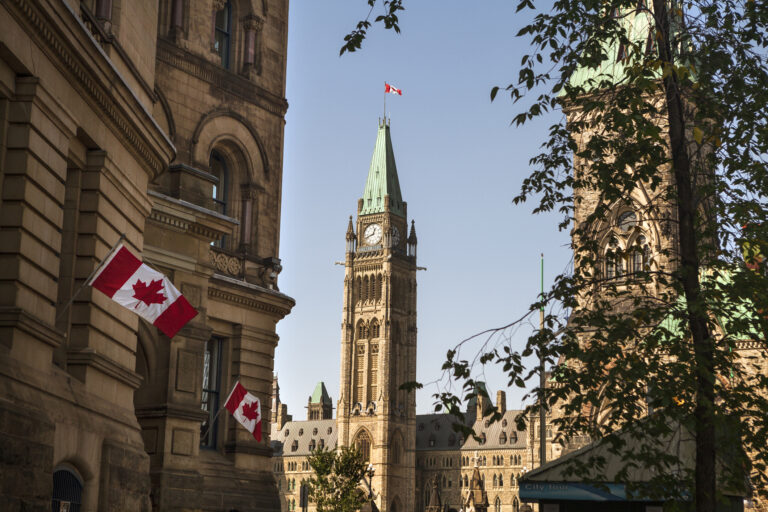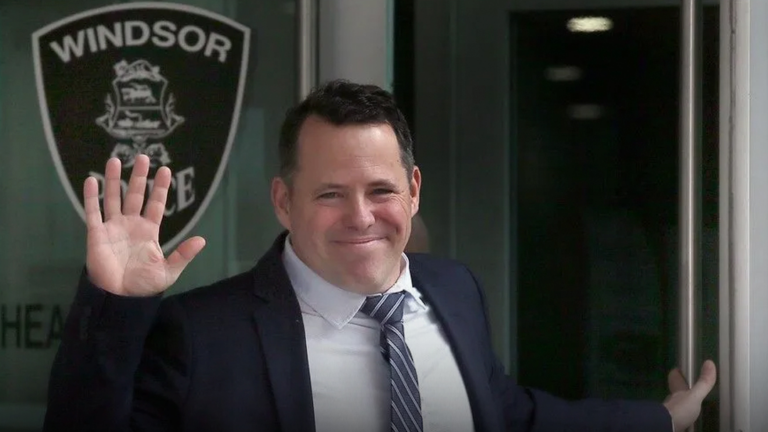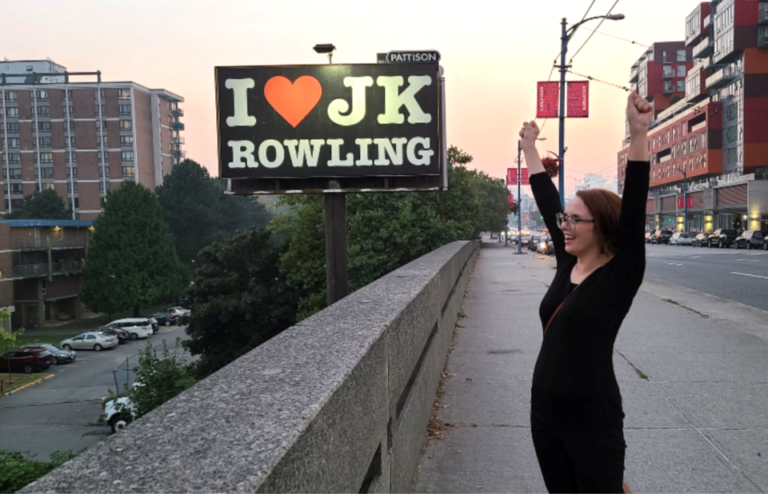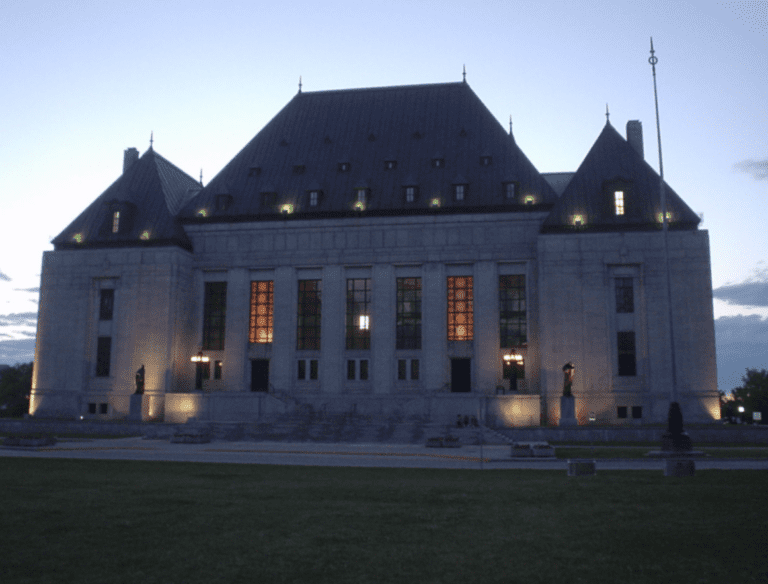The Justice Centre is disappointed with the ruling of the B.C. Court of Appeal in The BC Civil Liberties Association and Cam Côté v. University of Victoria, released Monday, April 18, 2016.
The Court of Appeal dismissed the students’ argument that the Charter applies to public universities, ruling that public, taxpayer-funded universities are not government entities, and are not implementing government programs. However, the Court has left the door wide open to accepting, in future court cases, that universities are bound by principles of administrative law, which require them to treat all students equally without discriminating on the basis of students’ beliefs.
Victoria lawyer Frank Falzon, with assistance from Justice Centre staff lawyer Marty Moore, prepared the Justice Centre’s Factum and presented oral argument to the B.C. Court of Appeal on February 4, 2016.
As an Intervenor in this case, the Justice Centre argued that even if the Charter does not apply to universities, universities as public institutions must nevertheless respect freedom of expression on campus, under the principles of administrative law. The Court of Appeal declined to rule on this argument, finding that it had not been sufficiently raised with the University and the lower court.
Background on court application against the University of Victoria
This case arose in 2013, when the University of Victoria pro-life student club Youth Protecting Youth (YPY) was granted approval by the University administration to conduct a small, peaceful demonstration on campus, involving students holding pro-life signs, handing out pamphlets, and engaging fellow students in conversation. The day prior to this YPY event, club president Cam Côté received a call from the University administration informing him that approval for the demonstration had been withdrawn, such that YPY could not proceed with expressing its opinions on campus.
This 11th-hour reversal was the result of opposition from the University of Victoria Student Society (UVSS). UVSS complaints to the University administration boil down to complaints about the content of YPY’s beliefs and expression, without allegations that YPY members had engaged in misconduct or inappropriate behaviour, or had violated university rules and policies. The complaint was directed purely at YPY’s message and opinions.
Prior to 2013, the UVSS had a long track record of censoring YPY. UVSS tactics have included denying or removing club status from YPY; withholding funding from YPY (while funding all other campus groups); preventing YPY from advertising its events; and filing complaints against YPY for “harassment” based solely on YPY’s beliefs and expression (and not based on any harassing behaviour or misconduct on the part of YPY members).
In support of free expression rights, the BC Civil Liberties Association and (then) YPY president Cam Côté took the University of Victoria to court. They lost in the Supreme Court of British Columbia, which ruled that the Canadian Charter of Rights and Freedoms does not apply to public universities, and that the University’s decision fell within its “autonomous operational decision-making”. Cam Côté and the BC Civil Liberties Association then appealed to the BC Court of Appeal.
As an intervenor in the appeal, the Justice Centre argued that the University of Victoria’s decision was unreasonable, and that the University does not have unfettered discretion to censor the peaceful expression of opinion on campus, even if the University is not a “government” body and not subject to the Charter. The Justice Centre argued that University of Victoria is a public body, subject to administrative law principles, including the requirement to give great weight to the free expression rights of all students, and all opinions.



